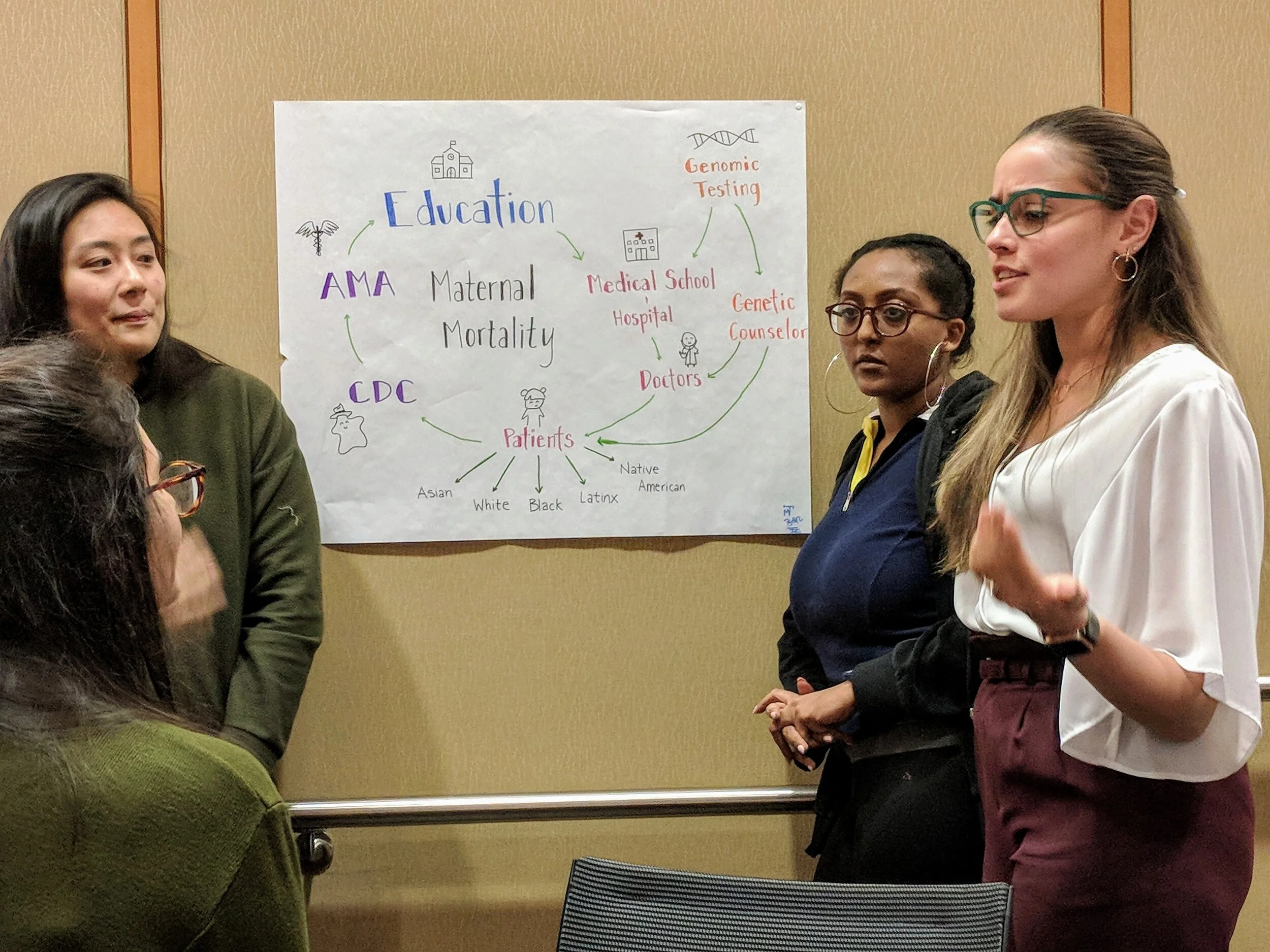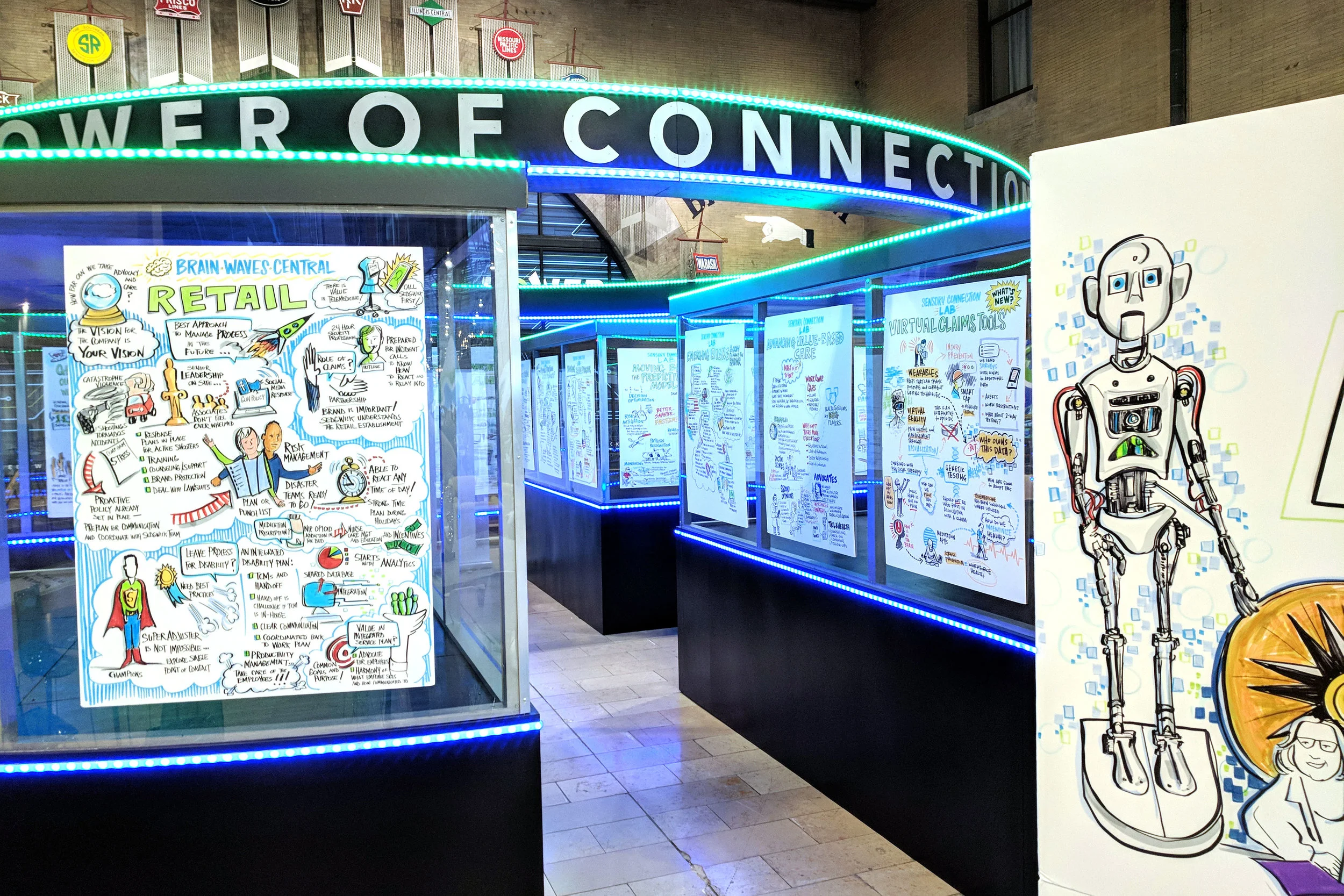Peter Whybrow on American Mania: When More Is Not Enough
/ Leading neuropsychiatrist Peter Whybrow recently authored "American Mania: When More Is Not Enough," a neurobiological look at the instinctual and social behaviors that balance a market economy. Pay attention as he explains how America's reward-driven culture is pushing the physiological limits of our evolutionary inheritance - making us sick in body and mind.
Leading neuropsychiatrist Peter Whybrow recently authored "American Mania: When More Is Not Enough," a neurobiological look at the instinctual and social behaviors that balance a market economy. Pay attention as he explains how America's reward-driven culture is pushing the physiological limits of our evolutionary inheritance - making us sick in body and mind.




 Self-proclaimed word geek Erin McKean, editor-in-chief of U.S. Dictionaries for Oxford University Press, is on a mission to debunk common misconceptions and elevate the use—and cool factor—of dictionaries. And what’s this about dictionaries being “the vodka of literature”?
Self-proclaimed word geek Erin McKean, editor-in-chief of U.S. Dictionaries for Oxford University Press, is on a mission to debunk common misconceptions and elevate the use—and cool factor—of dictionaries. And what’s this about dictionaries being “the vodka of literature”?















